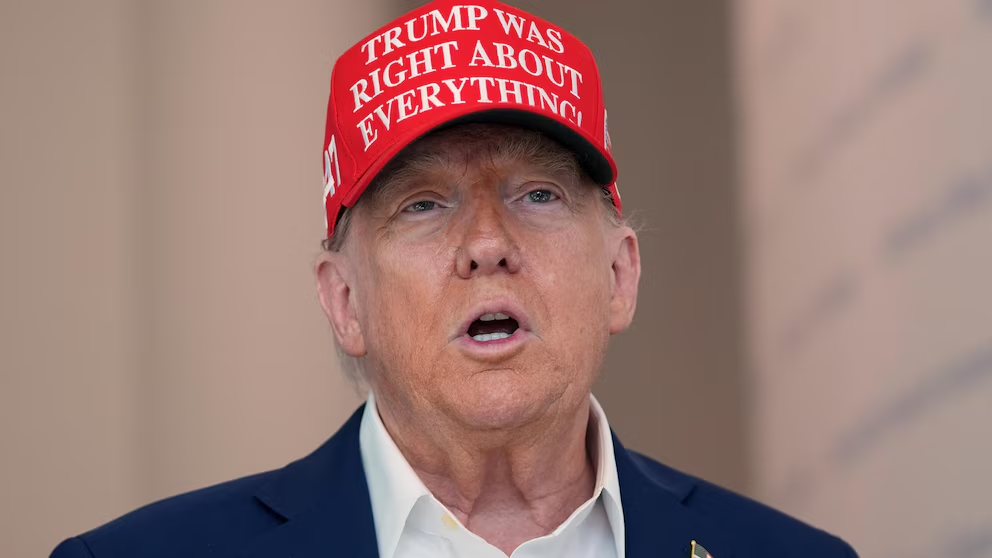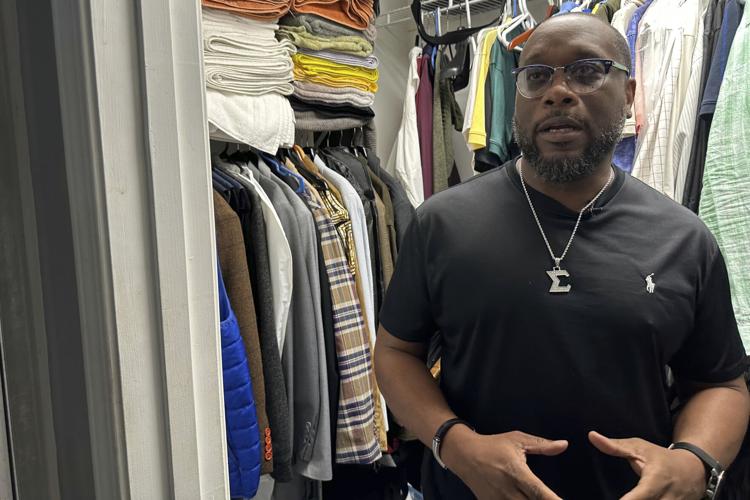The political landscape in Venezuela has been marked by intense conflict, polarization, and international scrutiny for over a decade. In recent developments, a Venezuelan opposition politician, whose identity has stirred significant public and media interest, recently exited an Argentine diplomatic compound after an extended stay. Following their departure, the politician met with prosecutors to address accusations that have further deepened the rift between Venezuela’s opposition and the Maduro administration.
This article examines the broader context of the situation, the implications for Venezuela’s political future, and the role of international actors in the ongoing crisis.
Background of the Politician’s Asylum in the Argentine Compound
The unnamed opposition figure sought refuge in the Argentine diplomatic compound during a period of heightened tension in Venezuela. Political persecution has been a recurring theme under Nicolás Maduro’s administration, with opposition leaders frequently targeted by state institutions.
Argentina’s decision to grant asylum underscored the international community’s divided approach to Venezuela’s internal strife. While countries such as Argentina, at least under its previous administration, openly supported democratic reforms in Venezuela, others maintained varying degrees of neutrality or aligned with Maduro.
For months, the opposition figure lived under diplomatic protection, shielded from immediate arrest by Venezuelan authorities. However, international diplomatic protocols often make indefinite stays unsustainable, leading to eventual negotiations between the host and home countries. The departure of the politician from the compound marks a significant shift in this case, signaling a potential resolution or escalation of underlying issues.
Meeting with Prosecutors: What’s at Stake?
Upon leaving the compound, the politician engaged with Venezuelan prosecutors, a move that has raised questions about the circumstances leading to this meeting and its implications.
Possible Charges
Although specifics have yet to emerge, Venezuela’s government often accuses opposition leaders of crimes such as:
- Conspiracy against the state
- Incitement of public unrest
- Corruption or embezzlement of public funds
These accusations are often criticized by human rights organizations as politically motivated, aimed at discrediting and dismantling opposition leadership.
Negotiated Terms?
The decision to leave the compound and meet with prosecutors suggests the possibility of pre-negotiated terms. Such agreements could involve guarantees of fair treatment, reduced charges, or immunity in exchange for specific political concessions.
However, skeptics fear that any assurances might be superficial, with the politician still at risk of persecution once they are no longer under international protection.
Implications for Venezuelan Politics
This event unfolds in a deeply divided political environment where opposition parties and the Maduro regime remain locked in a battle for legitimacy.
Impact on Opposition Unity
Venezuela’s opposition has faced challenges maintaining a united front, with frequent disagreements on strategy. The fate of the politician in question could either serve as a rallying point for unity or exacerbate divisions.
If the politician emerges as a symbol of resilience and strategic diplomacy, their experience could inspire greater cohesion. On the other hand, perceived concessions or weaknesses could deepen mistrust within opposition ranks.
Government’s Strategy
The Maduro administration may attempt to leverage the situation to bolster its narrative of legitimacy. Presenting the politician’s meeting with prosecutors as evidence of the state’s impartiality or control could strengthen its domestic and international positioning.
However, mishandling the case—through perceived injustice or heavy-handedness—could reignite international criticism and galvanize opposition efforts.
International Implications
The involvement of the Argentine diplomatic compound places this event firmly on the global stage.
Argentina’s Role
Argentina’s government has navigated a delicate balance, providing refuge while maintaining its own diplomatic relations with Venezuela. The departure of the politician from the compound may signal a broader recalibration of Argentina’s approach to Venezuelan affairs.
Broader International Response
The event has drawn attention from countries and organizations concerned with human rights and democracy. The United States, the European Union, and regional bodies such as the Organization of American States (OAS) may monitor the proceedings closely, using them as a litmus test for Venezuela’s commitment to due process.
The Human Rights Angle
Human rights organizations have long criticized Venezuela’s judicial system, alleging bias and lack of independence. Amnesty International and Human Rights Watch frequently document cases where opposition figures face unfair trials and imprisonment.
The outcome of this case will likely be scrutinized for signs of procedural fairness. Any violations could further isolate Maduro’s government and strengthen calls for international intervention.
Scenarios Moving Forward
Scenario 1: A Path Toward Resolution
If the meeting with prosecutors leads to fair treatment or a negotiated settlement, it could mark a rare moment of de-escalation in Venezuela’s political crisis. This outcome would require Maduro’s government to demonstrate good faith while allowing the opposition space to operate.
Scenario 2: Escalation and Repression
Conversely, if the politician faces harsh treatment, it could trigger renewed protests and international condemnation. This scenario risks pushing Venezuela deeper into political turmoil, with increased suffering for ordinary citizens.
Scenario 3: Stalemate
A third possibility is a continuation of the status quo, with no substantial progress made. This outcome would reflect the entrenched nature of Venezuela’s political conflict, where both sides prioritize survival over compromise.
Broader Context: Venezuela’s Political and Economic Crisis
To understand the significance of this event, it’s essential to consider Venezuela’s broader challenges.
Economic Collapse
Venezuela’s once-thriving economy has been decimated by years of mismanagement, corruption, and international sanctions. Hyperinflation, food shortages, and a mass exodus of citizens characterize the nation’s ongoing humanitarian crisis.
Polarized Politics
The divide between Maduro’s government and the opposition is not merely political—it’s ideological. Maduro represents a continuation of Hugo Chávez’s socialist policies, while the opposition advocates for democratic reform and free-market principles.
International Stakes
Countries such as the United States, Russia, and China have vested interests in Venezuela’s future, adding an international dimension to its domestic struggles. Events like the politician’s departure from the Argentine compound serve as flashpoints in this complex geopolitical web.
Conclusion
The case of the Venezuelan opposition politician who left the Argentine diplomatic compound and met with prosecutors is emblematic of the broader struggles facing Venezuela. It highlights issues of political repression, international diplomacy, and the enduring resilience of those who challenge authoritarian systems.
While the immediate outcome of this case remains uncertain, its long-term implications for Venezuela’s political future, human rights, and international relations will undoubtedly be significant. In a nation where hope often seems elusive, moments like these serve as reminders of the ongoing battle for democracy and justice.



